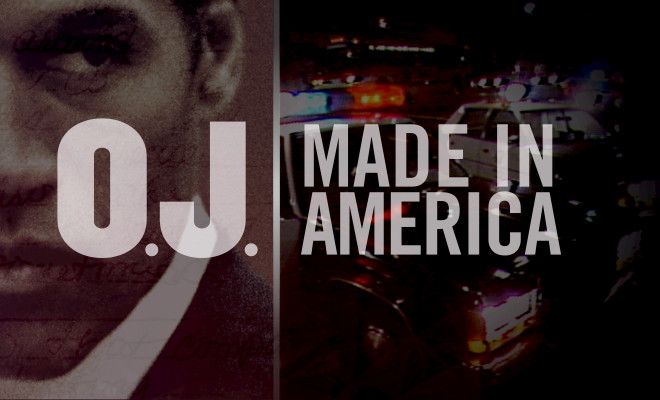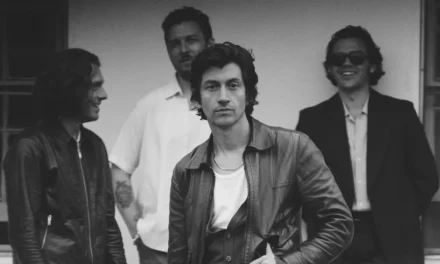When I first heard that ESPN was releasing a five-part documentary about O.J. Simpson, my initial thought was: Why?
Why, more than 20 years later, do we as Americans have such an insatiable appetite for this story? Why can’t we just move on?
But then I watched an interview with Ezra Edelman, director of “O.J.: Made in America,” and learned this documentary was about far more than just the murder trial. In the interview, ESPN radio personality Ryen Russillo (who is a white man) admitted that he recalls being angry after O.J.’s verdict was read and celebration in the black community ensued. Edelman responded in a way that was both difficult for Russillo to answer and emblematic of the documentary’s main theme: “Why?”
It’s easy to understand why “O.J.: Made in America” is such an intriguing piece of television. Exploring an in-depth character study of possibly the most famous American to ever be charged with murder is enough to fascinate audiences. Considering the “Trial of the Century” captivated our entire nation when it played out two decades ago, we of course will be interested in learning more, hearing from those who were involved, and reliving the drama. However, that is not the reason we should watch “O.J.: Made in America.”
Before Johnnie Cochran informed the jury, “if the glove doesn’t fit, you must acquit,” before the bodies of Nicole Brown and Ron Goldman were found, and even before hall-of-famer O.J. Simpson became the most famous rental car spokesperson in history, Los Angeles was a city divided along racial and socioeconomic lines.
Throughout the documentary, Edelman approaches the city’s history with the same meticulousness as he does Simpson’s life, pointing to the fact that this documentary is as much about Los Angeles as it is about O.J. If we view Los Angeles as a microcosm of our country as a whole, it becomes clear that this documentary is about us.
For Edelman, simply acknowledging the racial schism that occurred during the O.J. trial is not enough. He wants to understand where the dichotomy between whites and blacks in Los Angeles originated, why so much public distrust of the LAPD existed, and why O.J.’s acquittal resonated so deeply and personally with black Americans across the country. The answers to these questions, while difficult and at times convoluted, are far more important than the answer to the question: Did O.J. do it?
To treat “O.J.: Made in America” as an American history lesson means we owe it to ourselves to learn from it. While O.J. himself may no longer be relevant in today’s society, other issues that the documentary addresses undoubtedly are. For example, we’re shown a clipping of a more than 25-year-old newspaper headline calling for police reform that is eerily similar to headlines we have seen recently. As disheartening as it may be, we are forced to acknowledge the lack of progress that has been made.
If nothing else, the documentary gives us context to current social movements, which is incredibly important. We can understand that Black Lives Matter is not just a response to the deaths of Michael Brown and Eric Garner, it is a response to the deaths of Eulia Love and Latasha Harlins; a culmination of decades of injustice.
Edelman’s main goal in making this documentary isn’t to solve a murder mystery, or to simply entertain audiences. It’s to give people, like myself, who have always wondered why the O.J. Simpson trial mattered so much to America a better understanding, and to let people, like Russillo, view perspectives they had not previously considered.
After finishing “O.J.:Made in America,” I once again asked myself why this documentary was made. This time, the answer was clear.
Because it’s necessary.






